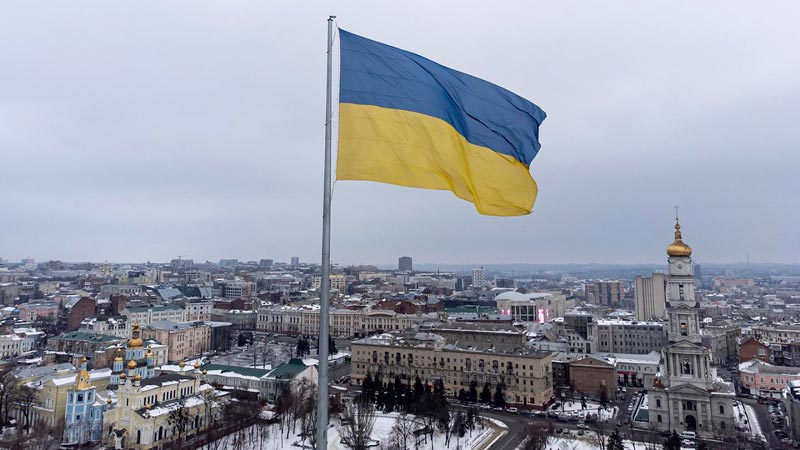
The play by Eugene Schwartz, written during the Second World War, had a prophetic sound. The Soviet dragon has been to live for two years, but now we know that only two, and then the future was exactly as vague as the past. The director could assume that he was shooting a movie about his time and withdrew about the future. The dragon in Russia did not die. He was indeed replaced by chaos and burgomaster. And the people who were tired of the first and second, very quickly wanted the dragon.
And Mark Zakharov himself eventually joined the "townspeople", declaring in 2016 to support the annexation of Crimea and "Archblowe Vladimir Putin". And yet, not only he. Lancelot lost the battle for children's hearts. Burgers did not want to win the dragon in themselves. Schwartz could suggest that he was writing a play about the Weimar Republic and the Reich, and wrote about the Soviet Union and Russia. Those who in the 90s debunked the empire today again mutter its foundation.
For five years, everything can change in Russia, and for 100 - nothing. The circle was closed. And it can be long thought that all empires suffer phantom pain. That relapse in the hearts of its citizens will not be avoided. That only the jump in oil prices at the beginning of "zero" allowed the system to be revived. That the Russian elite is motivated only by profits and super privileges. All this is so - and absolutely not. Because any historical pattern can be described as a set of coincidences.
Prepare, distinguish, submit as a sum of coincidence. But the bottom line is that the logic of Russia's existence is captured by very simple patterns. The Russian Federation - even after all the "shrubs" and "shakes" that occurred with it during the XX century - remains a country that is doomed to exist under supranational laws. It did not become a nation -state - and it cannot become such.
There is too much difference between its outskirts, too large -scale differences between the inhabitants of Buryatia and Dagestan, Nandes and Chechens. It is doomed to inclusiveness, convincing the inhabitants of previously rooted territories that the existence in a joint state for them is a good. As a result, any elite, having been behind her wheel, is doomed to reflect on "spiritual scraps" once now. Which should fasten the country with imperial fittings.
Hence all the conversations about the country's multinational nature and appeals to the events of World War II, as the main denominator of affinity and unity. Anyone who managed to defeat the dragon in Russia is faced with an insurmountable problem: the country is similar to a patchwork blanket. It is a hostage of contradictions: between national republics and Russian regions, between donor regions and subsidy territories, between those who feed Moscow and those who feed Moscow.
The situation is also complicated because (unlike 1991) the boundaries of potential fares are not spelled on administrative maps, and therefore the centrifugality can be chaotic in its geography and consequences. And this is the reality that any Russian politician is forced to deal with, which, as a result of the fate and coups, was on the top of the food chain. His liberal past will not help with a simple choice of options: either he becomes the second Gorbachev or the second Putin.
Any reforms will lead to non-systemic players. Any economic thaw-to political demands of business. Any decentralization will lay the foundation under the centrifugality. The castration of the power apparatus will reduce its loyalty. Rejection of propaganda will provoke the emergence of uncomfortable questions. Reduction of corruption sparin will cause the destruction of intra -elite consensus. The peculiarity of the Russian system is that it is not fundamentally reformed.
Any changes will certainly shift the system-and there are no guarantees that these changes will retain state status quo. And at the other pole of choice - the conservation of the current state of things. Social and political formalin. Unity and monumental unity are purchased. In this sense, Vladimiriputin is not an architect of the system, but its function. No matter who came for him-he will come before the choice. The fact is not that Lancelot cannot defeat the dragon.










All rights reserved IN-Ukraine.info - 2022